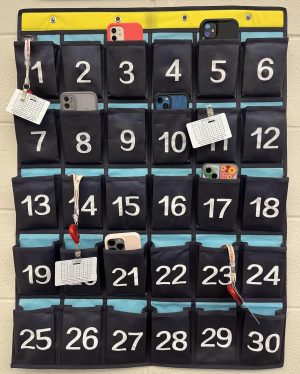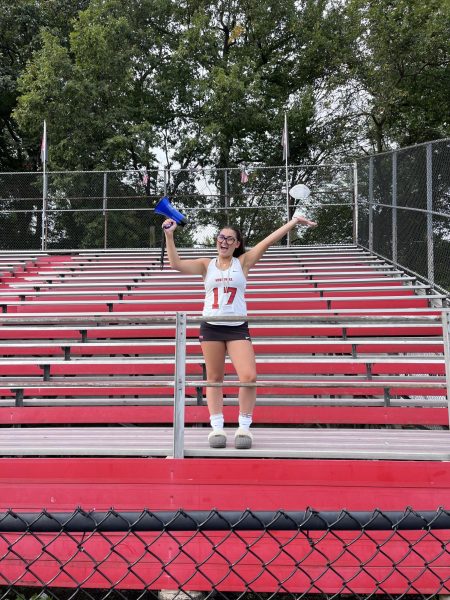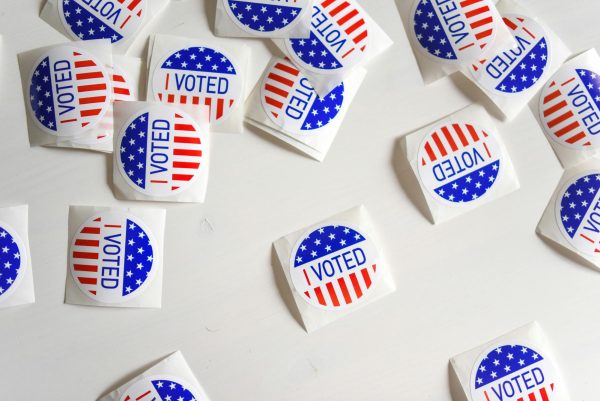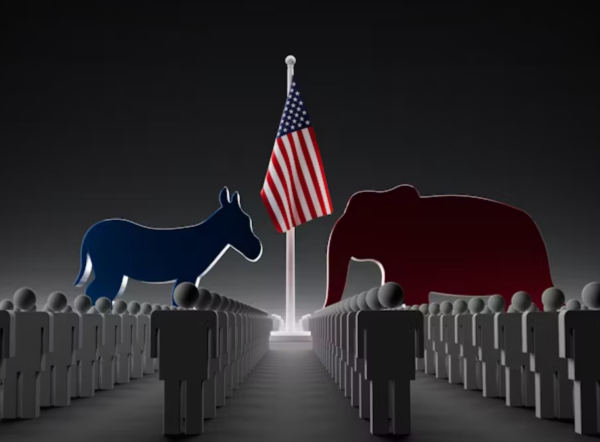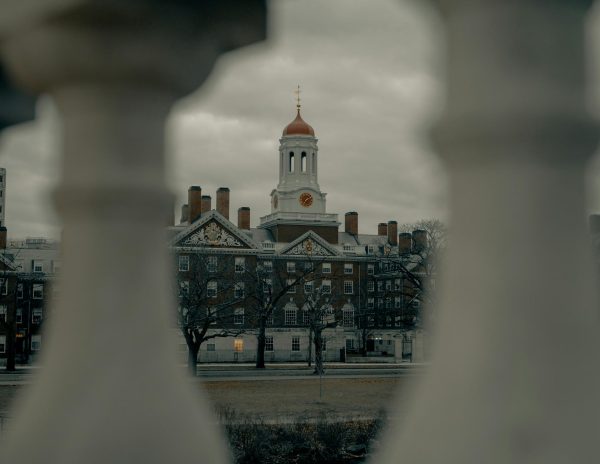OPINION: Absence Policy punishes illness and mental health days
The air has begun to chill. Sniffles fill the halls and “bless you”s accompany loud sneezes in the middle of class. It’s inevitable that when fall and winter come around, sickness comes with it. It’s miserable enough having to navigate school through coughs and sneezes from innocent colds, but what happens when students come in with fevers? With stomach aches, sore throats and nausea? If a doctor’s note is no longer worth anything, illness is bound to spread and put all of us at risk.
The administration announced via email on Aug. 26 that doctor’s notes no longer excuse student absences from school. Now, excused absences include only “designated religious holidays, death in the immediate family, two college visits during junior year and three college visits during senior year, student’s required attendance in court, Driver’s License Test, school sponsored activities, Bring Your Child to Work Day and suspension from school,” according to the student handbook and announcements from the administration.
The reason for this major change is understandable. It is difficult to ensure that all doctor’s notes are legitimate.
“If we allow all these absences, people will take advantage of it and come up with doctor’s notes to get them excused for 30-40 days,” Assistant Principal Kimberly Westervelt said. “And then that means that’s 30, or 40 days of school and class time that they’re missing.”
However, those who are willing to take advantage of such a policy are the minority. The new policy punishes rule-following students who were truly sick and want to excuse their absences. Those who responsibly stay home from school will now be forced to rack up unexcused absences. Or worse, students will refrain from taking those necessary sick days and viruses will spread from one desk to the next. The administration seems confident in their decision and are not worried about students coming in sick.
“We stand firmly, if you do not feel well, you stay home,” Ms. Westervelt said.
However, in a competitive high school environment in which missing just one day can make you fall far behind, and racked up absences have dire consequences, it’s not hard to believe that students will refuse to stay home.
Additionally, this policy punishes those who need the occasional mental health day, to recuperate and keep themselves healthy. Instead of counting on a couple days throughout the year they can stay home to recharge, students will have to “save” those days in case they get sick later on. Coming into school while you are feeling mentally unwell is just as dangerous as doing so while physically sick, and this policy encourages both of these behaviors.
While the administration had good intentions, the new attendance policy is sure to create more issues than it solves. Students should feel comfortable to stay home when they aren’t feeling well, both mentally and physically, and excusing absences with doctor’s notes is the most practical way to do that.

